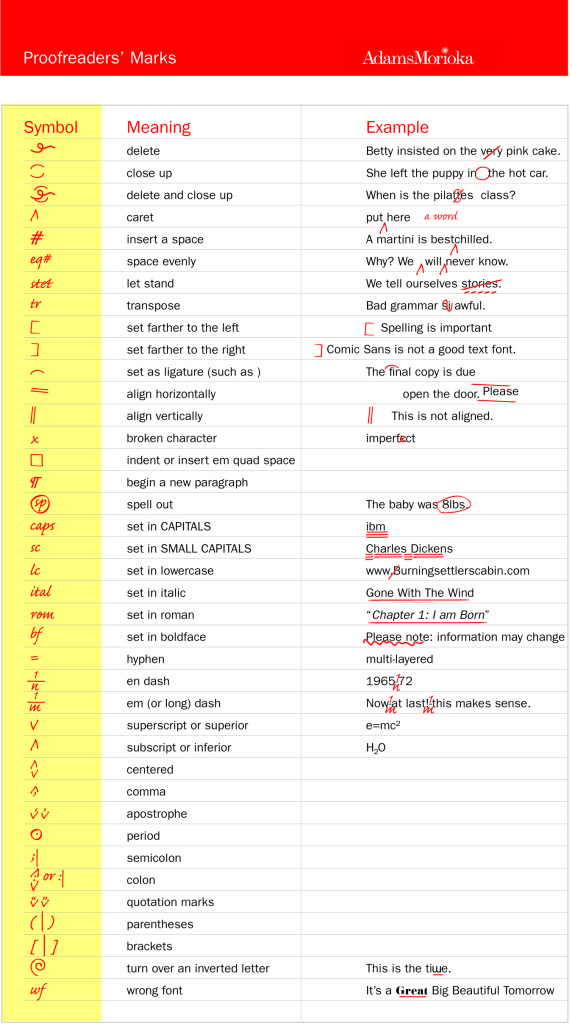Here’s some advice for writing papers:
- Start off with a topic that excites you. It’ll be easier to complete the research and writing if the topic is one that’s near and dear to your heart.
- A graduate level research paper is just that — a research paper. That means you’re going to have to spend some time in the library, exploring your topic beyond what the class syllabus has to offer.
- Graduate level research papers also make an argument. Really good papers offer some new perspective or original idea to an ongoing academic conversation. If you find yourself merely rephrasing other people’s work or doing a literature review, your paper isn’t going to be at the level it needs to be.
- Writing (and reading) critical book reviews is a great way to practice coming up with an original argument for your research paper. (Ask me for samples or examples.)
- Think of your paper as the first draft of a published article. If you think of your paper as the kind of journal article we’ve read in class, this will help you set the right tone.
- Your paper should be approximately 5000 words. It takes time to develop, support, and defend an argument. Chances are, you’re not going to convince me that your argument has merit in less than 5000 words.
- A 5000 word paper is approximately 15 to 20, double-spaced pages of 12-point font. (You’re not fooling anyone with larger fonts and smaller margins! That’s why I require a word count.)
- This is a research paper. So I expect to see 15 to 20 primary and secondary sources on your bibliography. (Some topics may need more or less; other topics might not require primary sources.) If you think that nothing has been written on your topic, come and see me. Chances are, I’ll find something!
- Remember to number your pages and put your name in the header or footer. Page numbers make it easier for me to discuss your work with you later.
- Please double or 1.5 space your text and use a 12-point font.
- It does not matter to me what citation style you use, but you must use one and be consistent with it. (The GTU standard for theses is Kate Turabian’s Manual for the Writers of Term Papers, Theses, and Dissertations, so keep that in mind. See point 16 below and the GTU MA handbook for more info.)
- Typographical details, typos, and spelling errors are all minor things; but when you don’t pay attention to them, your reader will be distracted from your good writing and your argument. Your professor is likely reading this paper very early in the morning or very late at night; he might be cranky. And poorly copyedited manuscripts make him more cranky.
- Never start a paper off with “According to a Google search, there are 10 billion hits for the word…” This is a completely meaningless statement, and it has the rhetorical grace of the now out-dated “According to Webster’s Dictionary, the definition of…” Trust me. You’re a better writer than that.
- Your paper is due the last day of class. I strongly encourage you to finish it early. Then forget about it. Walk away from it, don’t read it, don’t even think about it. Then come back to it before the due date. With distance, you’re in a better position to read it critically, sharpen your argument, and notice any typos or spelling errors.
- In exchange for all your hard work, I am going to respect you and your writing. I am going to take your paper seriously, and I will offer feedback. Some of my feedback will be in the form of copyediting. (Refer to the handy chart below for what all my copyediting marks mean.) Copyediting may seem like a small and nit-picky kind of thing. But trust me; you’ll thank me for developing good copyediting habits when you’re writing your thesis.
- Term papers are practice. Whether or not you ever plan on doing academic writing as part of your career, the fact of the matter is that all IBS students will eventually have to write a thesis. Think of your term papers as practice for this goal. Writing your thesis will be infinitely easier if you practice writing seriously now. When I give you feedback, it’s your thesis that I have in mind.
- Remember point number one. At the end of the day, you’re doing this work because you love it. Don’t forget that!

